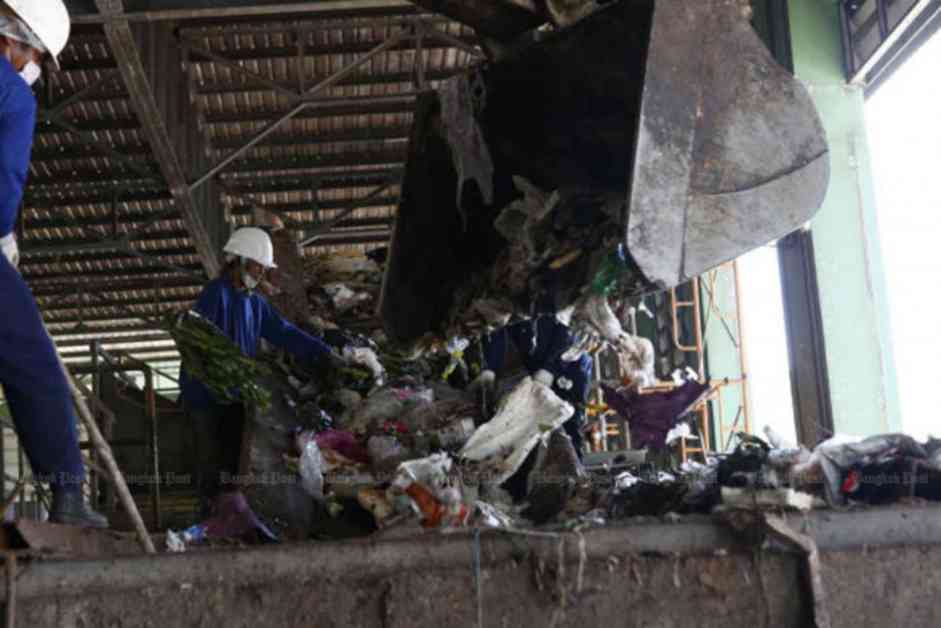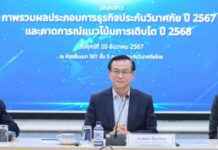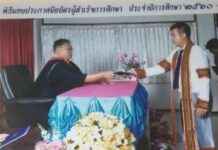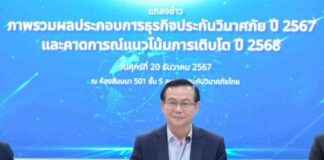The Chiang Mai Authority recently announced its support for a waste-to-energy power plant project, a joint investment agreement between a Thai and Chinese company. The agreement, worth 2.3 billion baht, was signed by key stakeholders, including the CEO of China Tianying Inc and the managing director of Seven Sun 2514 Company, with the deputy governor as a witness. The project aims to incinerate 500-650 tonnes of waste daily to generate 10 megawatts of electricity, contributing to sustainable development in the region.
The CEO of China Tianying Inc expressed his commitment to the project, citing his experience in building similar plants in China. The plant is expected to be located in Ban Luang sub-district, Chom Thong district, and will provide an efficient waste management solution for Chiang Mai. This initiative aligns with the national policy on waste management, emphasizing the importance of local authorities in managing community waste effectively.
Given Chiang Mai’s status as a popular tourist destination, the province faces the challenge of managing approximately 2,500 tonnes of waste daily. Previous waste disposal methods, mainly landfilling by the private sector, resulted in high management costs for local administrations. In response to this issue, the Ministry of Interior has encouraged provinces to explore innovative waste management technologies, such as smokeless incinerators that can generate electricity.
To address the waste management challenges in Chiang Mai, the Department of Local Administration collaborated with public and private sectors to identify sustainable waste elimination technologies. The decision to implement a waste-to-energy plant was driven by its potential to reduce waste management costs while producing electricity. The generated electricity will be supplied to the Provincial Electricity Authority, contributing to the local energy supply and promoting environmental sustainability in the region.
In addition to the waste-to-energy project, Chiang Mai authorities are exploring other initiatives to enhance sustainable development in the province. This includes promoting waste reduction and recycling efforts among residents and businesses, as well as implementing green practices in tourism-related activities. By adopting a comprehensive approach to sustainability, Chiang Mai aims to become a model for environmentally conscious development in Thailand.
Overall, the waste-to-energy solution in Chiang Mai represents a significant step towards addressing waste management challenges and promoting sustainable development in the region. Through strategic partnerships and innovative technologies, the province is working towards a cleaner, greener future for its residents and visitors.




















